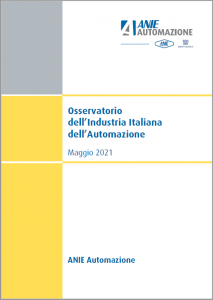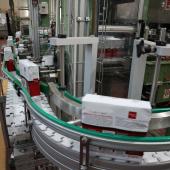Automation: 2020 turnover down
The 2020 turnover of the Italian industrial automation industry falls to 4.5 billion euros. Data from Anie Observatory, June 2020.
After a 2019 marked by a slight decline (-1.2% at current values), the Italian manufacturing and process industrial automation industry recorded a total turnover (Italian sales + direct exports) of 4.5 billion euros, down 10.3% compared to 2019. With exports down 3% and imports down 6%, the domestic market showed a 10.9% contraction. Analyzing the sectors, the most pronounced declines concern gearboxes (-18%), brushless motors (-17%), drives (-14%), and machine boards (-13%).
Industrial PCs, wireless and networks show a modest decrease of a few percentage points. The only exception was industrial software, which bucked the trend and posted a 5% increase in 202, a growth rate that becomes double-digit if we look at the details of specific related technologies.
It is worth noting that, again during 2020, although OEMs remain the leaders in automation consumption with 60% of the total, they have ceded 4% of the market to distribution (now in second place with 19%). As far as the main industrial sectors are concerned, it can be seen that mechanics remains the most important consumer of automation (17%, but was 20% the previous year); packaging gains a position with 11% (it was third with 9%) and overtakes food (stable at 9%).
Of particular note is the growth in logistics, which rose from 5% to 7%. All industrial sectors, during 2020, expressed a negative dynamic in turnover: even the packaging industry was seen to be suffering, for the first time in years the aggregate turnover drops by 5% compared to 2019.
2021 is a year of lights and shadows for the Italian industrial automation industry. The expected recovery has to tackle with tensions on the front of quotations and delivery times for the main commodities used in the production process, together with shortages for basic electronic components. However, positive signals are coming from the market, which will be able to benefit from some favorable elements by virtue of the accelerated digitalization process of the economic system, also supported by European funds.




















